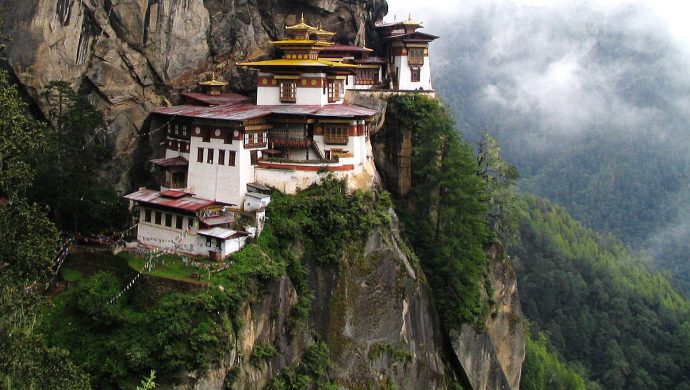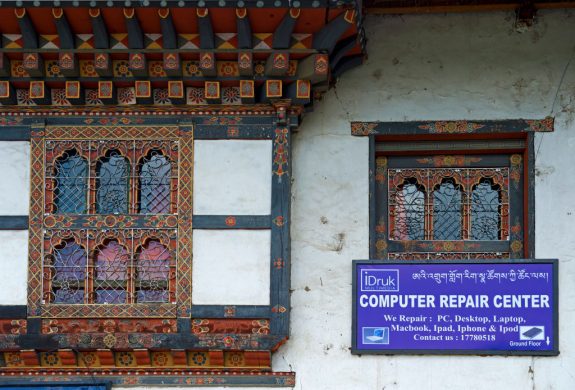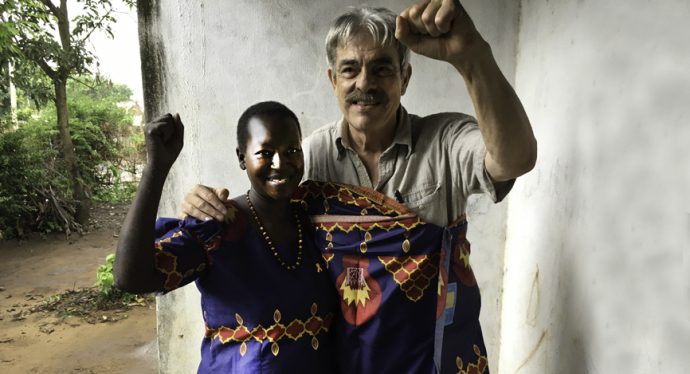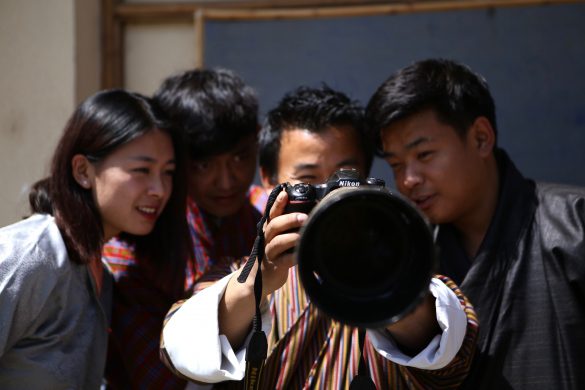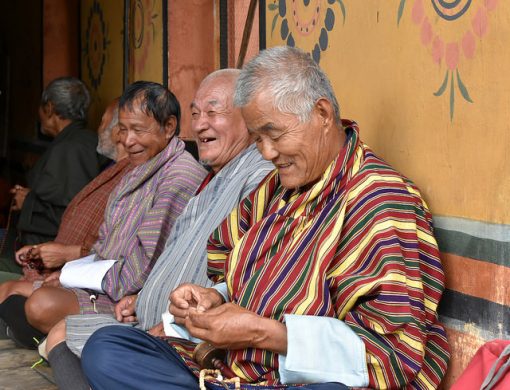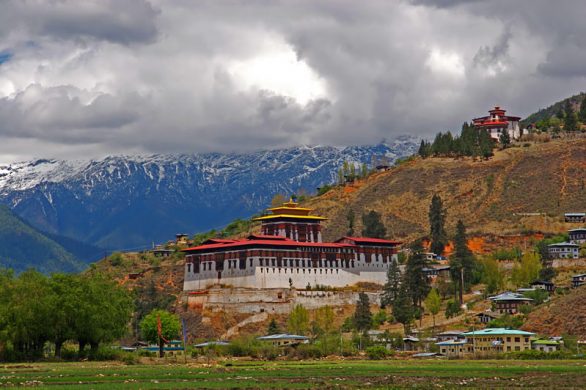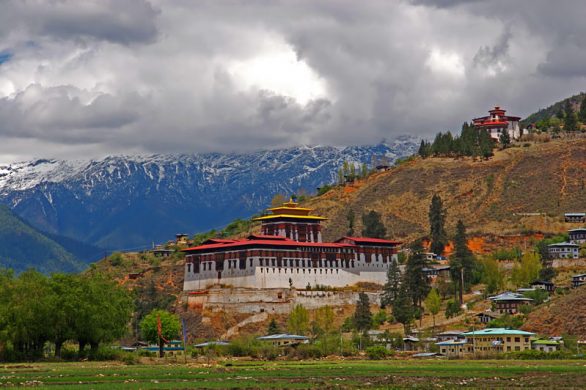The visit of the young UK Royals, the Duke and Duchess of Cambridge (“Will and Kate”), to Bhutan is shining a spotlight on a small Himalayan nation perhaps best known for its own King assessing his country’s performance by factors which contribute to “Gross National Happiness”.
But despite this apparent endeavour from the Buddhist nation to ensure its citizens’ felicity (lykke /helse), Bhutan’s minorities – including around 20,000 Christians (2.8 per cent of the population) – complain that happiness does not filter down to all parts of society.
Bhutan’s state religion is Buddhism and other religions are barely tolerated, so life as a Christian is difficult. Church buildings are illegal and non-Buddhists are not privy to the same benefits, such as free education. Proselytism and incitement to convert are illegal. Bhutanese who convert to Christianity can lose their citizenship.
According to the constitution, Buddhism is not only the cultural, but also the spiritual heritage of Bhutan. Although there is usually no official pressure to participate in Buddhist festivals or to live according to traditional customs, people are expected to do so. This means that all deviants are met with suspicion, and this includes Christians, writes World Watch.
Low ranking
The country is No. 38 in Open Doors’ 2016 World Watch List, an annual ranking of countries where life as a Christian is most difficult.
Converts to Christianity endure threats and pressures from village heads and clerics to return to Buddhism. They can pray and worship privately in their homes, but they struggle to meet in congregations and to obtain official permission to do so. Some Christians have reported losing their jobs after their employers found out they were Christian.
Christians seeking employment face problems in the first place, as they are a minority; they are victims of discrimination and are short of alternatives. They often have to live in difficult economic and social circumstances.
Approximately 66 to 75 per cent of the population practise different forms of Buddhism. The remaining part of the population, mainly of Nepali origin, practises Hinduism.
Until 1965, Bhutan remained closed to Christianity, as well as to all other external influences. Since then, the Church has experienced continual growth, particularly in the south and major towns.
More on that ‘happiness’
Læs videre på
https://www.worldwatchmonitor.org/2016/04/4408970
Bhutan modtog dansk udviklingsbistand i adskillige år, men anses nu at være for “rigt” til at kunne modtage dansk statslig bistand. Programmet er derfor indstillet.


